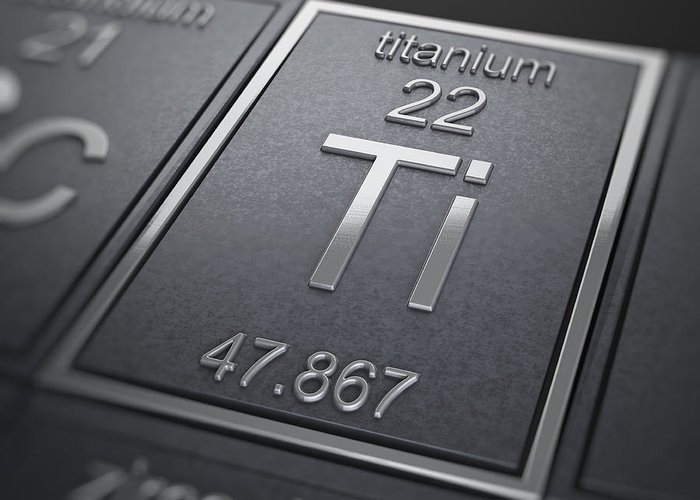As a content writer in the special metal alloy industry, I understand that many people are curious about the versatility and practicality of titanium alloys in their daily lives. If you're one of those who've heard about this lightweight yet strong material and wonder if it's suitable for everyday use, let's dive into the world of titanium alloys to find out.
Titanium is known for its remarkable properties that set it apart from conventional metals. It boasts a high strength-to-weight ratio, corrosion resistance, and exceptional durability. These attributes make it an attractive option for various applications, from aerospace to sports equipment. But does it have a place in our daily lives?
1. Durability: One of the primary concerns for everyday use is how long a material will last. Titanium alloys, such as Ti-6Al-4V (the most common), can withstand wear and tear better than many other metals. They don't rust, tarnish, or corrode easily, ensuring that your titanium products stay looking good and functioning well for years.

2. gsalloy.com : For those who value portability, titanium is a godsend. Its low density means that items made of this alloy, like travel gear or jewelry, will be significantly lighter without compromising strength. This makes it perfect for backpacks, hiking equipment, and even eyeglasses frames.
3. Aesthetics: Titanium has a unique, silvery-gray finish that can be customized through processes like coloring or polishing. This gives it a sleek, modern look that appeals to those who appreciate aesthetics in their daily items. From watches to cookware, titanium alloys can enhance the style of your possessions.
4. Biocompatibility: Another aspect to consider is the potential for medical applications. Titanium is biologically inert, making it an ideal choice for implants, dental work, and even prosthetic limbs. Its compatibility with the human body ensures minimal irritation and a faster healing process.
5. Temperature resistance: Titanium alloys can handle extreme temperatures, both hot and cold. This makes them suitable for kitchen utensils, such as spatulas or cookware, as well as in automotive components that may experience temperature fluctuations.
6. Safety and reliability: In safety-critical applications, like automotive parts or aerospace engineering, titanium's strength and reliability are crucial. It can withstand high stress without deforming, making it a reliable choice for components that need to endure harsh conditions.
7. Maintenance: Since titanium is resistant to corrosion, you won't have to worry about constant cleaning or protection. This makes it a low-maintenance option for items that require frequent handling, like bike parts or outdoor gear.
While titanium alloys excel in many areas, it's important to note that they might not be the most cost-effective choice for all applications. Their higher initial cost compared to some other metals may be a deciding factor for some buyers, especially for mass-produced consumer goods.
In conclusion, titanium alloys can indeed make a great addition to your daily life due to their durability, lightweight nature, aesthetic appeal, and safety features. However, whether it's the right choice for you depends on your specific needs, budget, and the level of performance you require. Next time you're considering a new item made of titanium, weigh the benefits against your priorities and decide if it's worth the investment.
